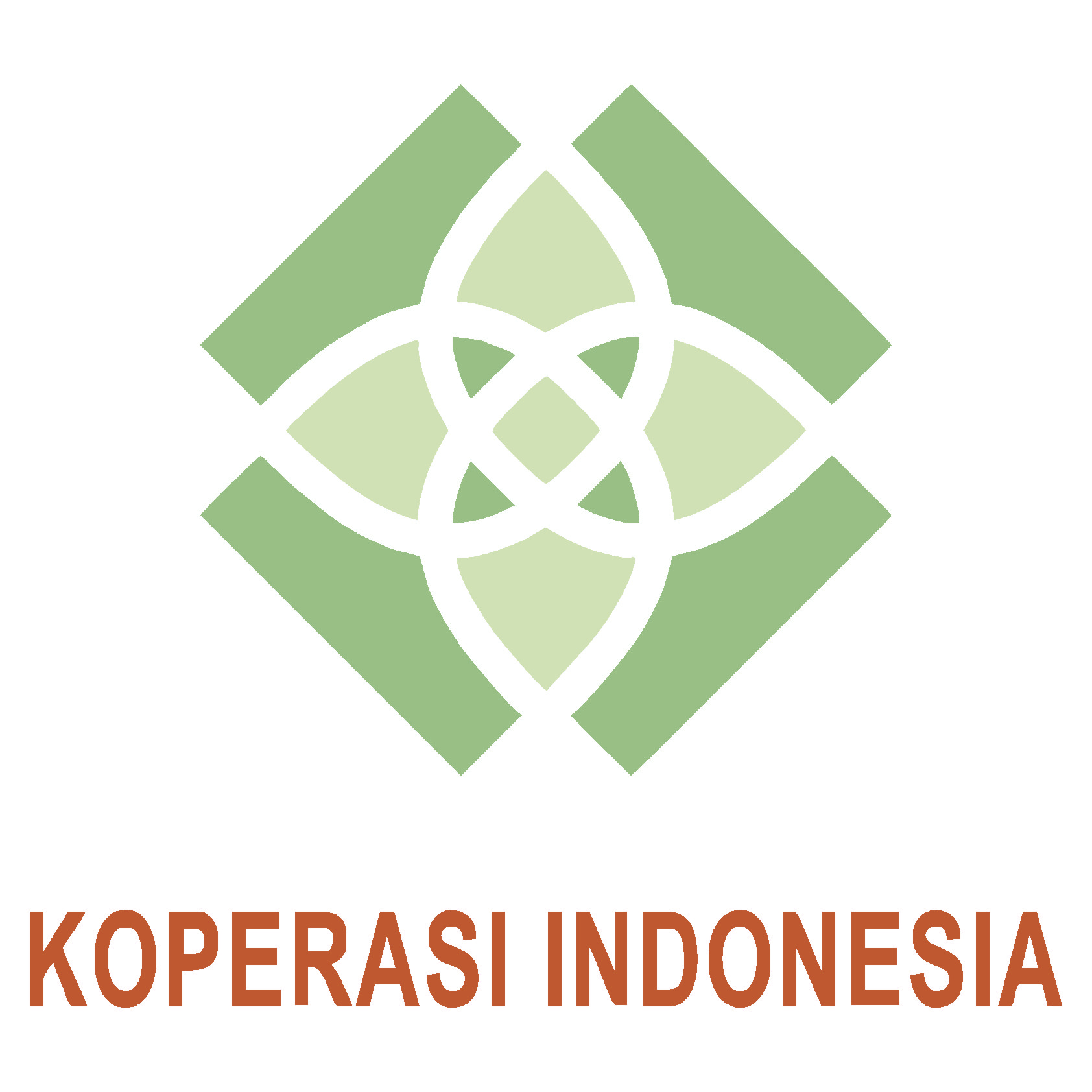KPSP Setia Kawan
The Setia Kawan Dairy Farmers' Cooperative (KPSP Setia Kawan) of Nongkojajar was established in 1962 and was preceded by a long history of struggles and challenges. The history behind the cooperative establishment was due to satisfy a demand for fresh milk by the Dutch colonials in 1911. Through the efforts of dairy cattle the cooperative aims to improve the welfare of members and participate in the development of community economy and become a credible business entity for the members and the community and ready to face the challenges of the global economic environment that puts the people's economy first and supports environmental sustainability. By 1977, 8 cooperatives merged under the name KPSP Setia Kawan. 2 years later, they teamed up with Nestle to promote fresh milk produce. After their initial deliveryof 349 liters, the current production rate has significantly increased since then, and now has an output of around 50,000-60,000 liters per day.
KPSP Setia Kawan's achievements have been anything but ordinary when they received the National Main Rolemodel Cooperative in 1989 and again in 1992-1997; the National Outstanding Cooperative award in 1999; and in 2007 won Star Food Safety Award, Winner of East Java's Milk Storage Sanitation Hygiene in 1st Place and International Best Executive Citra Award by Asian Programme Consultant.
By 2009, Setia Kawan has 7.269 members and 16.244 cattle The cooperative has shown staggering potential which paved a path leading to a partnership with BIRU East Java in developing the domestic biogas program. KPSP Setia Kawan offers a soft loan program in cooperation with Bank Syariah Mandiri. User trainings are held for proper maintenance and operations of the BIRU units. By the end of June 2010, the cooperative has built a total of 107 BIRU units out of a target of 225 units for its members and a waiting list of 270 people. With such a robust growth in biogas use, KPSP Setia Kawan decided to establish an official Biogas Village in Desa Gunungsari by the end of 2010, and a Biogas Regency in the next few years. By keeping up with the latest technological advances and information, they hope it'll prove beneficial to the marketing of farmers produce by being the driving wheels of the rural economy, while in keeping with environmentally friendly business practices.



